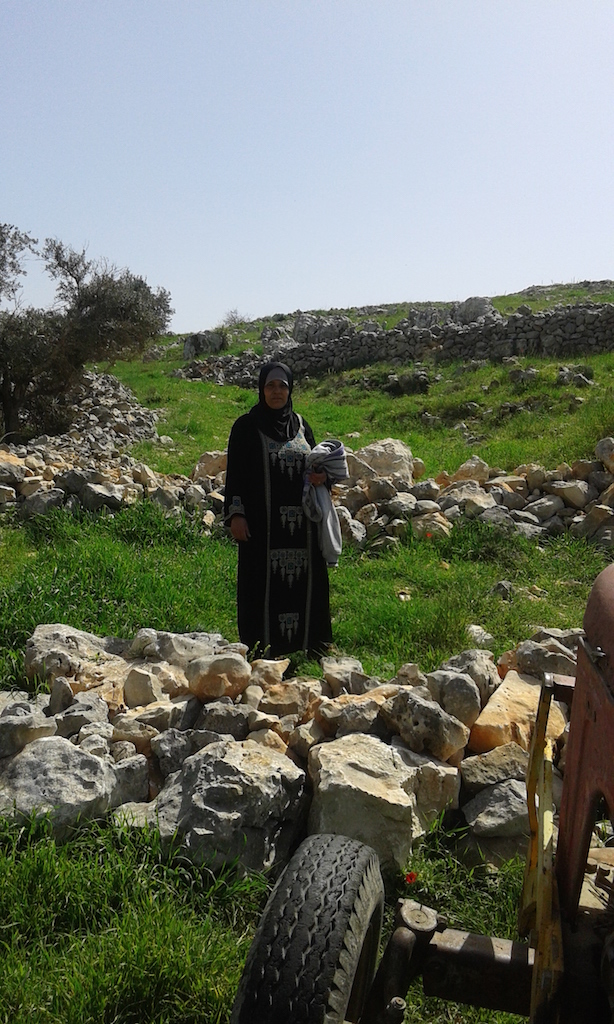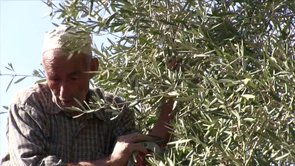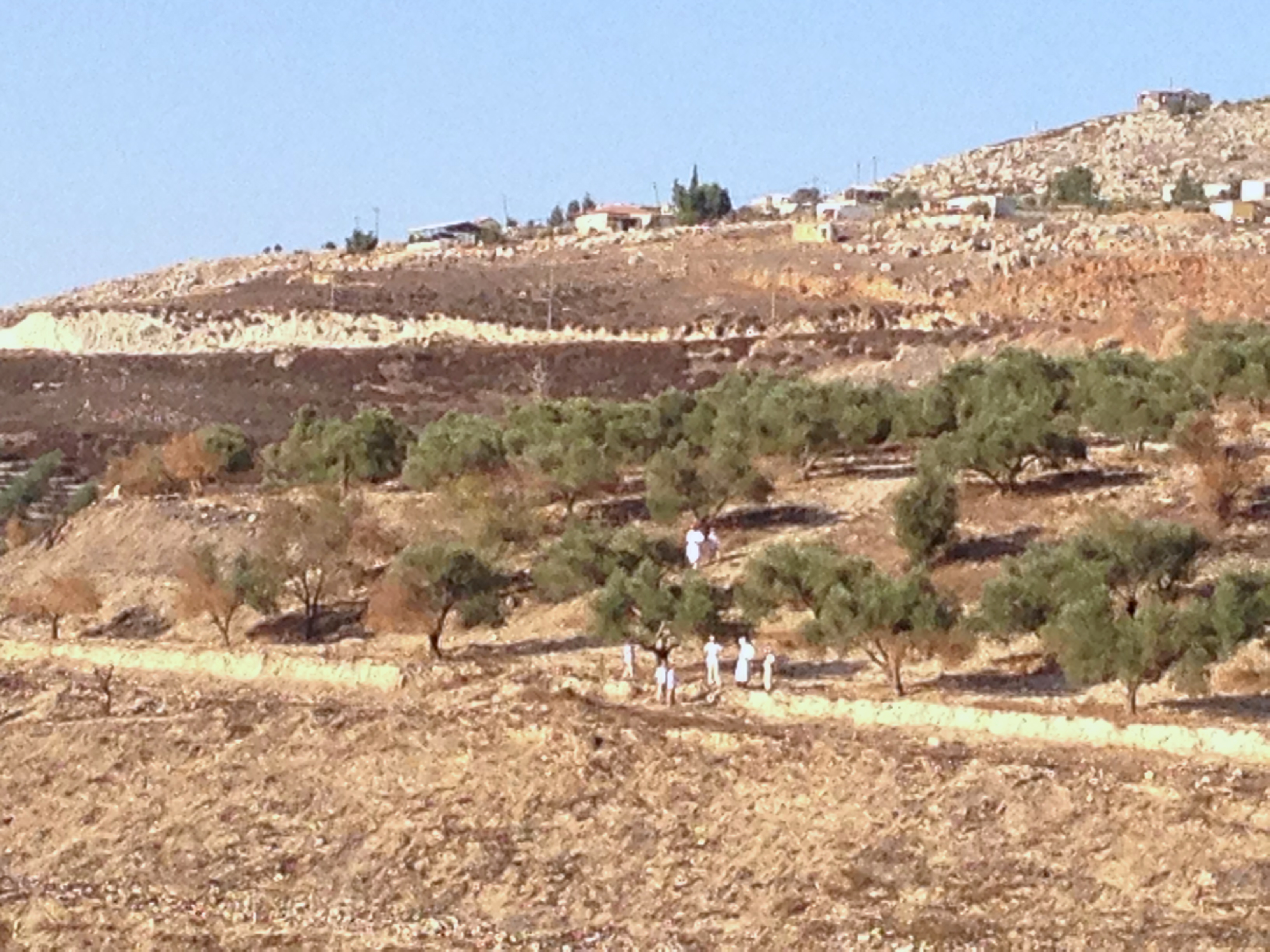Tag: Bracha Settlement
-
Ongoing harassment and restrictions on farmers around Nablus
12th March 2015 | International Solidarity Movement, Nablus Team | Burin, Salim, and Awarta, Occupied Palestine Early spring marks an important time of the year for farmers around Nablus, where critical work must be done to ensure a quality olive harvest in October. In high tension regions, where farmers risk settler attacks while accessing their land, District Coordination Offices…
-
Settler intimidation in Kafr Qalil
24th October 2013 | International Solidarity Movement, Nablus Team | Kafr Qalil, Occupied Palestine Yesterday, Wednesday the 23rd October, a Palestinian farmer and his family were olive picking in Kafr Qalil together with international activists. Close to the fields is the illegal settlement of Bracha and one settler aggressively intimidated the farmer until he left the area.…
-
Illegal Israeli settlers attack Palestinian farmer attempting to harvest almonds
14th September 2013 | International Solidarity Movement, Nablus Team | Kafr Qalil, Occupied West Bank Late Friday night we received a call to accompany a farmer to harvest almonds early the following morning in Kafr Qalil, a village south of Nablus. This is a completely normal activity, harvesting crops when they are ripe and ready-to-pick;…



